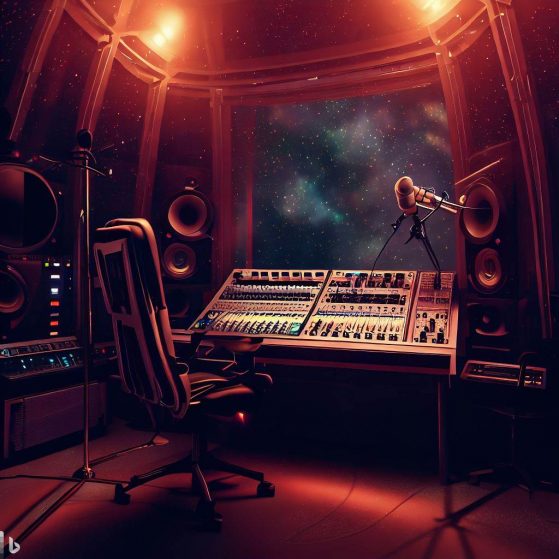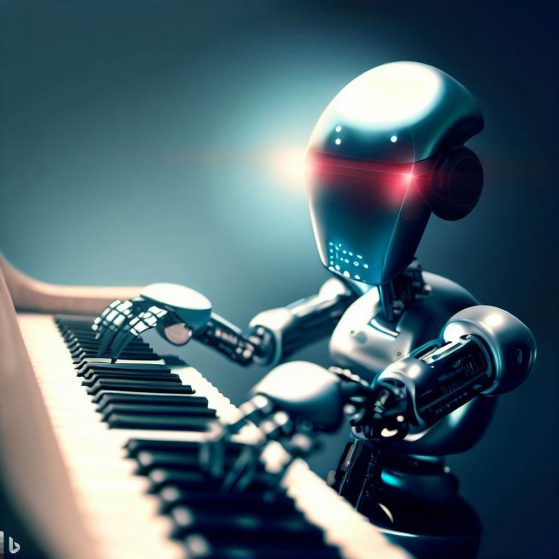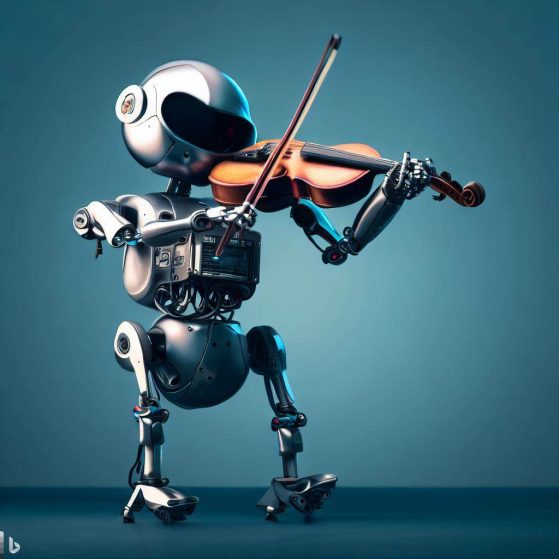
ChatGPT, an artificial intelligence (AI) app, has quickly been revolutionizing content creation. It is said to have over 100 million users and though it seems to be the most popular for now there are a suite of other programs, from virtually every other industry, poised to take center stage. There is undoubtedly excitement during this time of innovation but also fear for the future. How will AI affect the already struggling music industry?
Ethical Concerns.
There’s been ethical concern from the art community in response to popular AI photo apps that “learned” from their styles and now replicate their hard work within minutes and without any financial benefit to the original artist. We can imagine how prompts like “Write me a song that sounds like the Beatles” could be very convincing. Amper Music, AIVA and MeloDrive promise to create artificial music in an easy and affordable way. And while it’s hard to believe Hans Zimmer will be out of a job anytime soon, for smaller productions AI could very well replace a human composer.
Voice changer apps like Epidemic Sound, Riffusion and JukeBox by Open AI have led to some creepy outputs where voices are transformed into famous celebrities either talking or yes, singing. So a non-musician could theoretically have AI generate lyrics, music and even vocals of a famous superstar. Wouldn’t record labels love that! All of the profit and none of the angst. We can imagine several of these creations going viral which could be great for the human behind the AI prompts, but what about for the artist it emulates?
It will be even more interesting to see how this will affect copyrights. It’s all well and good now when ChatGPT users are selling a handful of copies of ebooks, but what if a novel or song becomes a hit? How does one exactly credit the AI and how can a user be sure the AI isn’t accidentally plagiarizing?

You are not replaceable.
These answers are yet unknown but it’s clear that AI will continue to improve and can make users more efficient. This much I am confident in, the need for real human connection is not and will not go away. Synesthesia videos are impressive and a true step-up from the monotone voices that I’ve heard before, but it’s not quite right. MidJourney can produce some incredible artwork but you’ll occasionally find an extra finger or odd symmetricalness to a group of people, and although I’ve yet to experiment with those particular music generating apps, I am confident in thinking that while many pieces may be very good, they will never compare to the emotion humans are capable of. AI emulates emotion but humans actually feel it and here live music will become more valuable than ever. No recording or hologram can truly match the magic that happens in a live performance and it never will.

If you are a musician during this time, it may be easy to become discouraged but to quote vocal pedagogue David Jones, “there will always be room for beautiful music done well.” Keep making those connections with fans, keep working on your craft, the world needs you and your gift. Never stop learning. AI can help musicians. It can be a powerful collaborator, assistant and inspiration but don’t simply copy and paste. It’s a tool but you are the real artist.






